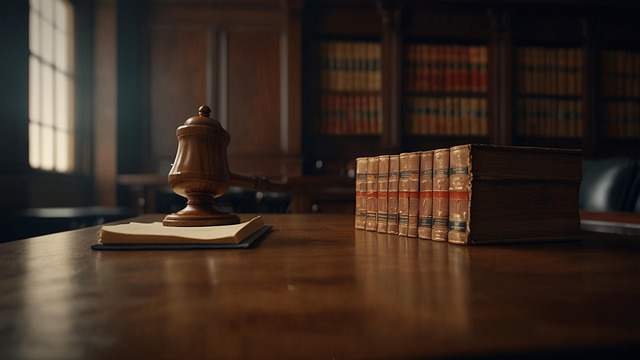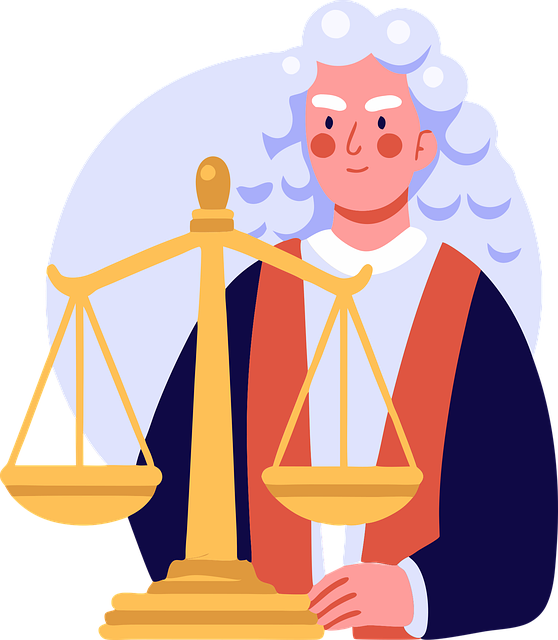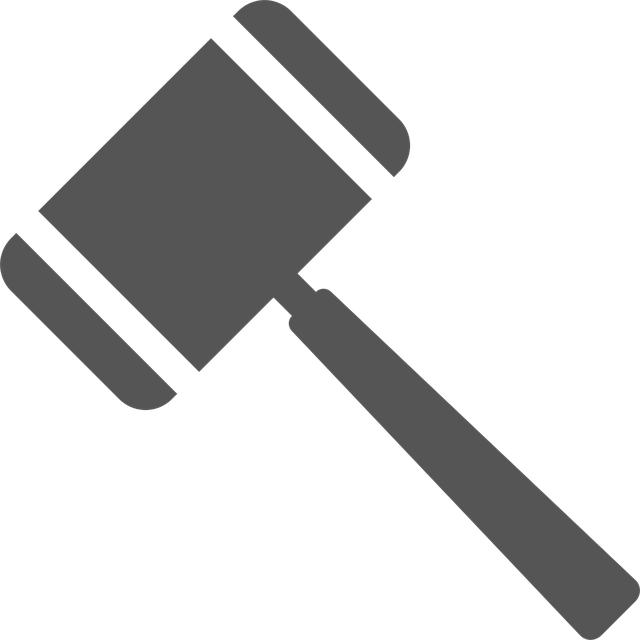Public corruption, including bribery and embezzlement, severely threatens fair competition and economic growth by undermining trust in governance and creating an uneven playing field. The Role of Competition Law in Innovation is crucial for combating this issue, ensuring transparency, accountability, and a fair process through jury trials. Integrating robust anti-corruption measures into competition policy fosters sustainability and equity, discouraging unethical behavior and driving organizational innovation. Regulatory bodies should prioritize high-stakes cases to set precedents and emphasize the importance of ethical business practices.
Public corruption charges are a growing concern, undermining democratic institutions and economic growth. This article delves into the multifaceted issue, exploring its defining characteristics and profound impacts on society. We analyze the intricate relationship between competition law and public integrity, highlighting the role of competition law in fostering innovation while combating corrupt practices. Additionally, we present strategic regulatory measures to enhance transparency and prevent corruption, offering insights into a more ethical and prosperous future.
- Understanding Public Corruption Charges: Definition and Impact
- The Interplay Between Competition Law and Public Integrity
- Strategies to Enhance Transparency and Prevent Corruption through Regulatory Measures
Understanding Public Corruption Charges: Definition and Impact

Public corruption charges refer to allegations of misuse of power or position by public officials for personal gain or to benefit third parties. This can include a wide range of illicit activities such as bribery, embezzlement, and abuse of office. The impact of public corruption is far-reaching, undermining trust in governance, distorting market competition, and hindering economic growth. In the context of the role of competition law in innovation, unfettered corruption can stifle fair competition by creating an uneven playing field, where honest businesses struggle to compete with those securing illicit advantages.
These charges not only have significant legal implications for accused individuals—often leading to winning challenging defense verdicts—but also carry profound ethical and societal consequences. They erode the public’s faith in institutions, foster a culture of impunity, and may even discourage investment and entrepreneurship. Jury trials play a crucial role in addressing these charges, ensuring transparency, accountability, and a fair process for all involved, including for his clients facing such accusations.
The Interplay Between Competition Law and Public Integrity

The intersection of competition law and public integrity is a complex dance where transparency and fairness meet economic principles. While competition laws are designed to foster innovation, encourage market efficiency, and protect consumers, they can also create vulnerabilities for abuse by corrupt officials seeking to manipulate markets for personal gain.
Across the country, unprecedented track records of successful prosecutions highlight the role of competition law in upholding public integrity. These cases expose corruption that distorts fair competition, stifles innovation, and ultimately harms consumers and the broader economy. By integrating robust anti-corruption measures into competition policy, philanthropic and political communities can ensure a sustainable and equitable economic landscape for all.
Strategies to Enhance Transparency and Prevent Corruption through Regulatory Measures

Ensuring transparency and preventing corruption require a multifaceted approach, with regulatory measures playing a pivotal role. Implementing strong competition laws can act as a deterrent by promoting fair business practices and fostering innovation. The Role of Competition Law in Innovation is significant as it encourages competition, which drives organizations to develop new ideas and improve existing ones, thereby reducing the allure of corrupt behavior. By enforcing strict rules against anti-competitive practices, these laws send a clear message that unethical conduct will not be tolerated.
Moreover, regulatory bodies should focus on high-stakes cases involving corporate and individual clients to set precedents. The successful prosecution and complete dismissal of all charges in such cases can serve as powerful deterrents, signaling the severity of consequences for corruption. This strategy ensures that potential wrongdoers understand the risks associated with engaging in corrupt activities.
Public corruption charges are a significant obstacle to economic growth and societal development. By understanding the intricate relationship between competition law and public integrity, we can devise effective strategies to enhance transparency and prevent corruption. The role of competition law in fostering innovation cannot be overstated; it not only promotes fair markets but also serves as a critical tool in navigating the complex landscape of public integrity. Through regulatory measures that prioritize openness and accountability, societies can create an environment conducive to both economic vitality and ethical governance.






